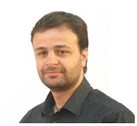Dear DATE community,
We, the DATE Sponsors Committee (DSC) and the DATE Executive Committee (DEC), are deeply shocked and saddened by the tragedy currently unfolding in Ukraine, and we would like to express our full solidarity with all the people and families affected by the war.
Our thoughts also go out to everyone in Ukraine and Russia, whether they are directly or indirectly affected by the events, and we extend our deep sympathy.
We condemn Russia’s military action in Ukraine, which violates international law. And we call on the different governments to take immediate action to protect everyone in that country, particularly including its civilian population and people affiliated with its universities.
Now more than ever, our DATE community must promote our societal values (justice, freedom, respect, community, and responsibility) and confront this situation collectively and peacefully to end this nonsense war.
DATE Sponsors and Executive Committees.
Kindly note that all times on the virtual conference platform are displayed in the user's time zone.
The time zone for all times mentioned at the DATE website is CET – Central Europe Time (UTC+1).
Tutorials
DATE 2022 tutorials are designed to provide audiences with introductions to important topics in DATE technical areas as well as hands-on tutorials on design automation tools. Early career professionals as well as graduate students will benefit from the introductory-level material on these important topics and tools. Mid-career professionals can also benefit from the tutorials to extend their horizons. We welcome submissions for tutorial presentations in DATE technical areas.
Technical tutorials on selected topics will be given by leading experts in their respective fields. The submission should motivate the topic and its relevance for both academia and industry, specify whether it covers foundational topics or cutting-edge ones, describe the target audience (expected type of attendees? expected number? match with typical DATE audience?), the reason for a tutorial (why a tutorial, why now). Hands-on tutorials are welcomed. Moreover, the submission should include a brief abstract with a list of learning objectives, and a clear planning hereto (organisation in sessions, possible speakers, what will be done to attract the audience), and the DATE Topic to which it is more closely related. A tutorial submission example is available on the DATE website. We target few top-quality well-attended tutorials. In particular, we look for hands-on and tutorials on fundamentals which should clearly identified in the proposal. Extended conference talks will not be accepted as tutorials. Marketing of company tools are not accepted either.
A tutorial submission example is available here for download. Submissions must be submitted before Friday, 1 October 2021 AoE Friday, 29 October 2021 AoE via the DATE website.
Submissions of all tutorials need to be made on-line via the following URL:
https://www.softconf.com/date22/tutorials/
The tutorial organiser(s) will be notified of acceptance or rejection of submissions by Thursday, 11 November 2021 AoE. In case of acceptance, final information about the tutorial structure (confirmed speakers, final abstract, final agenda) must be provided by Monday, 13 December 2021 AoE. Tutorial hand-out material (e.g. consisting of all slides and perhaps also background reading material) needs to be uploaded as a single PDF or ZIP file at the DATE website by Sunday, 20 February 2022 AoE. The hand-out material will be available to tutorial attendees only!
Organisers and speakers of accepted half-day tutorials will receive free registration to the DATE 2022 Tutorials.
For more information, please contact:
 Tutorials Chair
Tutorials ChairFrancisco Cazorla, Barcelona Supercomputing Center, ES
tutorials
 date-conference [dot] com (tutorials[at]date-conference[dot]com)
date-conference [dot] com (tutorials[at]date-conference[dot]com)


